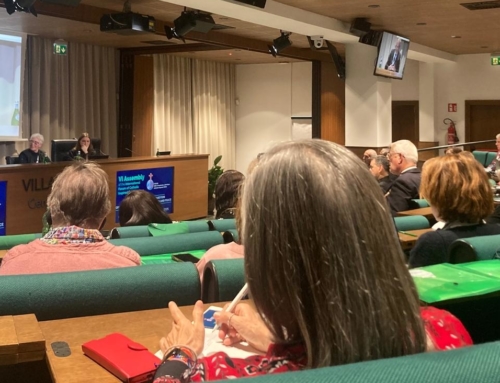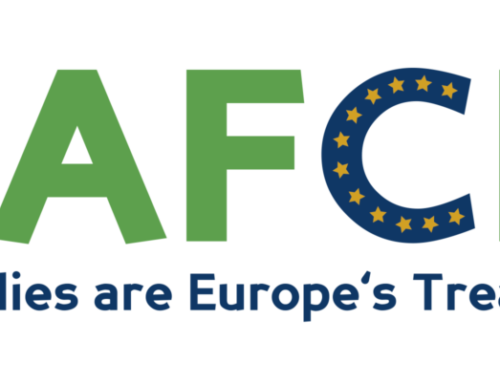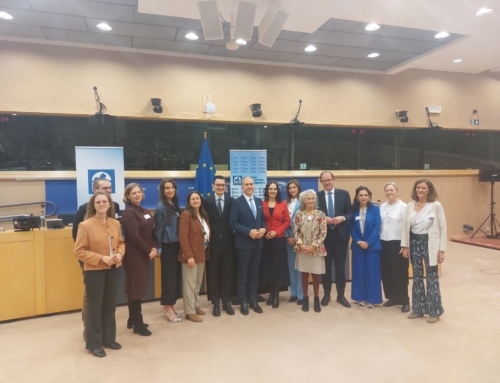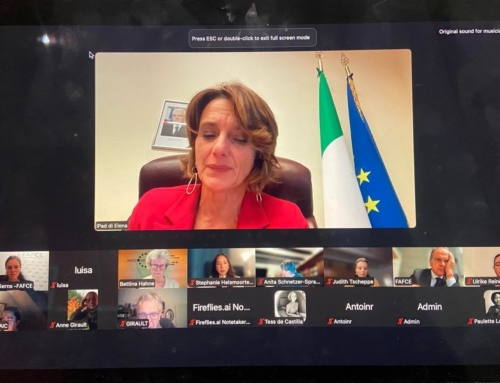Brussels, 11th February 2021
The current pandemic puts a new light on the daily struggles experienced by parents when balancing their work and family time, and especially for mothers. Imposed lockdown on workers made suddenly more concrete the weight of unpaid work added to the professional workload. A question then arises: in a modern society proclaiming gender equality and protective social systems, can one speak of a satisfying situation when looking at the condition of working mothers?
To answer this question, FAFCE is happy to present, in cooperation with the umbrella association of women NGOs New Women for Europe, a White Paper on “Protecting women from maternal mobbing”.
This paper addresses the phenomenon of “maternal mobbing”, i.e. health-harming abusive conducts at work targeting women wishing to have children, pregnant women and mothers. It undertakes the initiative to explain the extent of motherhood discrimination and how to best tackle it at the level of the European Union and of its Member-States.
In order to meet work and family aspirations, women rely also on the flexibility of their employers and on the support of public policies. It is therefore crucial for the labour market to adapt to the needs of mothers, and not the contrary, both through a flexible labour policy and a comprehensive family policy, which includes to:
- Increase the eligibility to maternal and parental leave;
- Legally recognise the value of unpaid family work as a particular category of work;
- Grant access to accessible, affordable and quality childcare services;
- Promote new forms of work for mothers through teleworking and flexible working hours and arrangements;
- Address the motherhood pay gap and pension pay gap by considering family work and breaks due to motherhood in the calculation of pay and pension entitlements;
- Ease lending facilities for families as an economic investment;
- Erase the value-added taxes on basic products of consumptions of families;
- Focus on ways to support mothers in challenging situations (low-income women, self-employed women, single mothers, mothers of large families and mothers with children with disabilities);
- Promote financial, mental and cultural freedom of choice for women regarding the configuration of their family work-life balance.
Read the full report:









